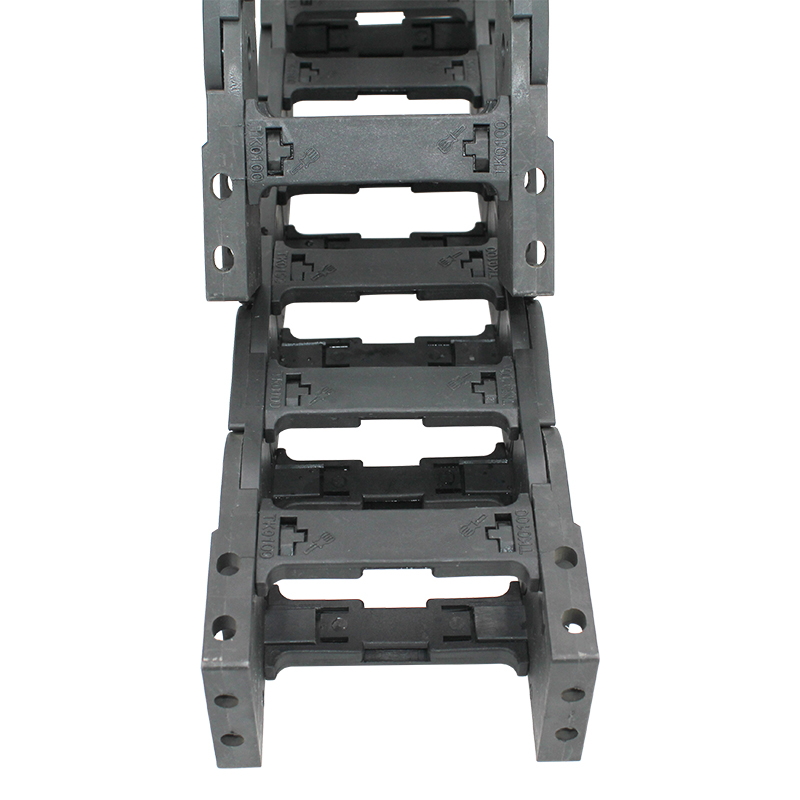steel cable carrier
Understanding Steel Cable Carriers An Essential Component for Modern Machinery
In today's industrial landscape, the demand for efficient and reliable machinery has never been higher. Among the various components that contribute to this efficiency, steel cable carriers play a crucial role. Also known as cable tracks or drag chains, these carriers are designed to manage and protect important cables and hoses in machinery, providing a safe and organized environment for operations.
What are Steel Cable Carriers?
Steel cable carriers are robust structures that support and guide power, signal cables, and hydraulic hoses in various industrial applications. Made from high-quality steel, they are engineered to withstand harsh operating conditions, including extreme temperatures, heavy loads, and abrasive materials. Their integral design ensures that cables are properly aligned and safeguarded from wear and tear, reducing the risk of downtime and maintenance costs.
Advantages of Steel Cable Carriers
1. Durability and Strength Steel is known for its strength and resilience. Steel cable carriers can handle heavy loads and endure severe challenges, making them suitable for demanding industries such as manufacturing, construction, and mining.
2. Protection One of the primary functions of cable carriers is to protect cables and hoses from external damage. They shield these vital components from potential hazards, such as friction, chemicals, and environmental exposure, thereby extending their lifespan.
3. Cable Management In complex machinery, cables can quickly become tangled or disorganized, leading to operational inefficiencies. Steel cable carriers provide a systematic approach to cable management, allowing for seamless movement and reducing the risk of cable damage.
steel cable carrier

4. Flexibility Steel cable carriers are available in various sizes, shapes, and configurations, making them a versatile choice for a wide range of applications. Whether it’s a stationary system or a moving machine, these carriers can be adapted to meet specific engineering requirements.
5. Ease of Installation and Maintenance Modern steel cable carriers are designed for easy installation. They come with pre-drilled holes and straightforward assembly instructions, streamlining the setup process. Additionally, their design allows for easy access to cables for maintenance or replacement, minimizing downtime during repairs.
Applications of Steel Cable Carriers
Steel cable carriers find applications in numerous industries. In automation systems, they are utilized to route electrical and data cables, ensuring uninterrupted communication between components. In the robotics field, these carriers support the movement of cables within robotic arms, allowing for precise and agile motions.
Moreover, in the construction industry, steel cable carriers accompany cranes and other heavy equipment, where they protect cables and hoses while allowing for extensive range of motion. The transportation sector also benefits from their use, particularly in machinery that controls assembly lines or logistics.
Conclusion
Steel cable carriers are integral components of modern machinery, playing a pivotal role in ensuring efficient and reliable operations. Their strength, durability, and protective capabilities make them essential in various industries, from manufacturing to robotics. As technology continues to evolve, the innovation surrounding steel cable carriers will likely progress, enhancing their designs and functionalities even further. Investing in high-quality steel cable carriers is undoubtedly a step towards optimizing machinery performance and ensuring a smoother, more efficient workflow.








